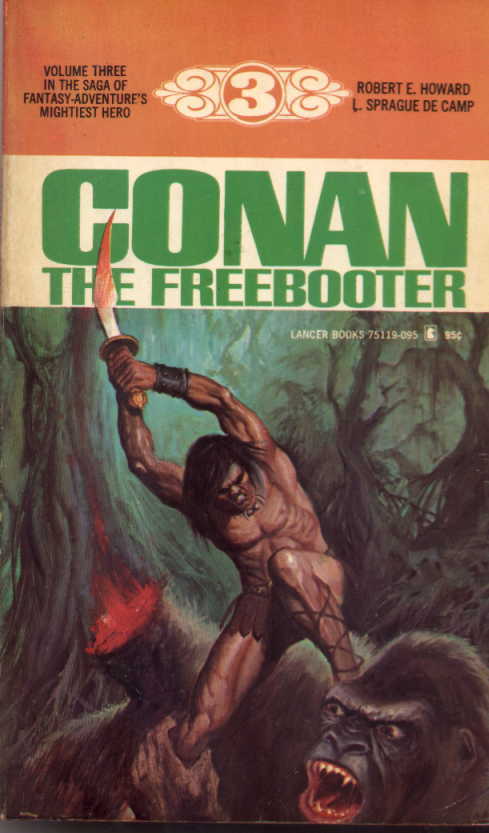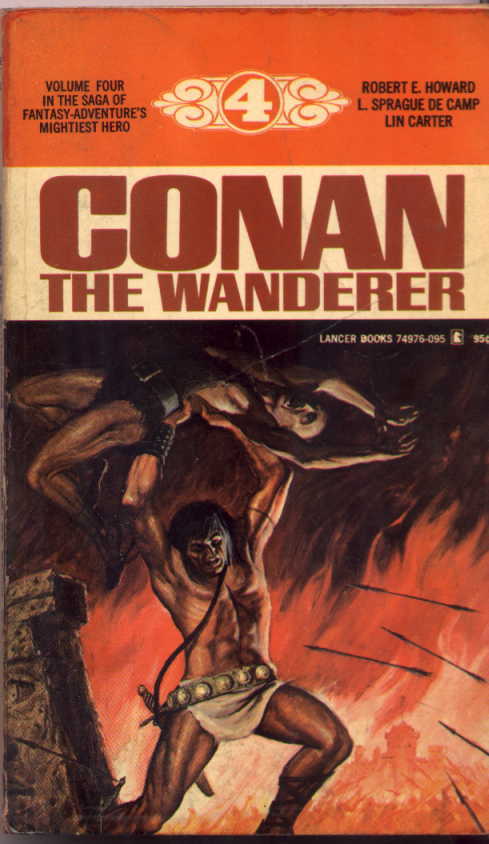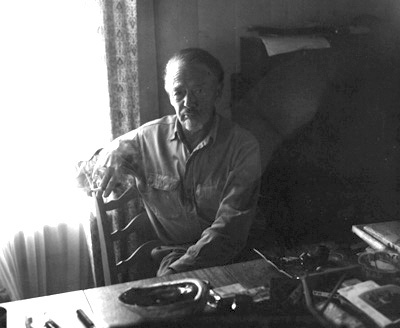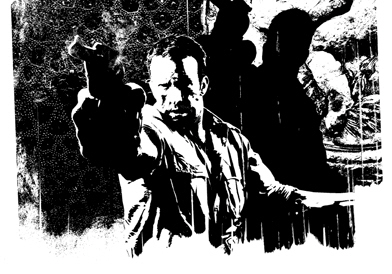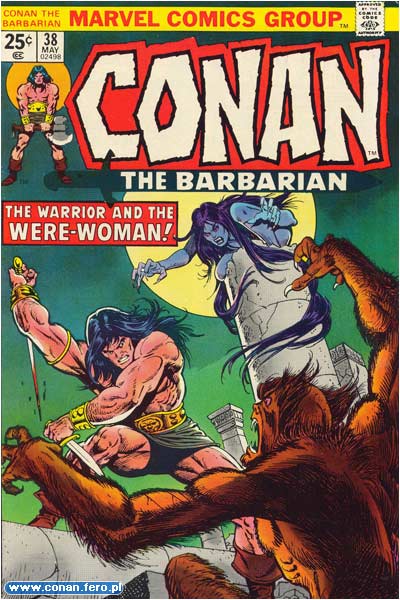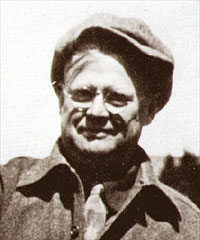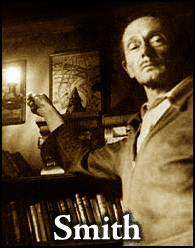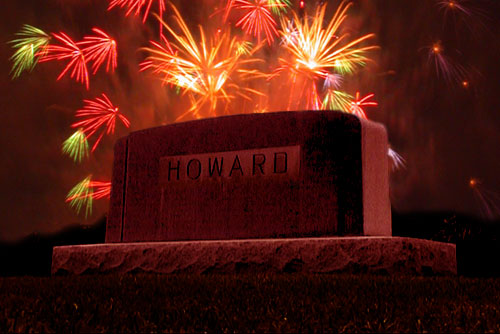
There’s all sorts of festivities going on around the web. Go to REHupa to read Indy Cavalier’s little shout-out, then head over to Black Gate for a battery of birthday posts from Howard Jones, Charles Saunders, Ryan Harvey, Bill Ward, and John R. Fultz. Other birthday wishes can be found at Life of a Philippine Gamer, Propheet at the Age of Conan vault, David Smay at HiLoBrow, Tarib at the Age of Conan forums, and The men and women of the official Conan forums.
Since its founding, The Cimmerian has been firmly dedicated to the critical notion that Robert E. Howard and J.R.R. Tolkien stand as equals atop the modern fantasy genre. They are the two impregnable towers of twentieth-century fantasy, the geniuses whose careers serve as wellsprings from which everything else has flowed. Both have seen virtually everything they ever wrote published — drafts, fragments, notes — as fans and scholars dig ever deeper, attempting to understand the spell these men have cast over their literary lives and over the fantasy genre. Over a century after their respective births, neither author looks ready to give up their hold on our imaginations.
On this anniversary of Howard’s birth, think about where he stands critically. His work survives in hundreds of editions — prose, poetry, correspondence, minutiae — running the gamut from the cheapest paperback to deluxe hardcovers costing hundreds of dollars, and from the most unassuming fanzine to Penguin Modern Classics. Movies have been made about his famous fictional characters and about his life. Paintings from the covers of his books have sold for upwards of a million dollars. The house where he lived and wrote is now a museum and an official landmark on the United States Register of Historic Places. Howard endures and thrives even when 99.9% of his era’s authors, including most of the bestsellers of the time, are forgotten. It’s probably not an exaggeration to say that not one author in a million can expect the longevity of reputation that Howard enjoys, and that five hundred years from now, when virtually everything we now revere is lost, some kid on Mars will fire up his star-Kindle, read the words “Know, oh prince. . . ,” and soon go “Wow. . . .”
You of course are at liberty to think that a fanciful, overblown prediction, but Howard has a way of frustrating the low expectations of his critics, and I like his chances. One never knows exactly what will survive the years and for how long, but Howard’s brilliance, accessibility, and pop-culture imprint gives him as good an opportunity as anything else to make it.

